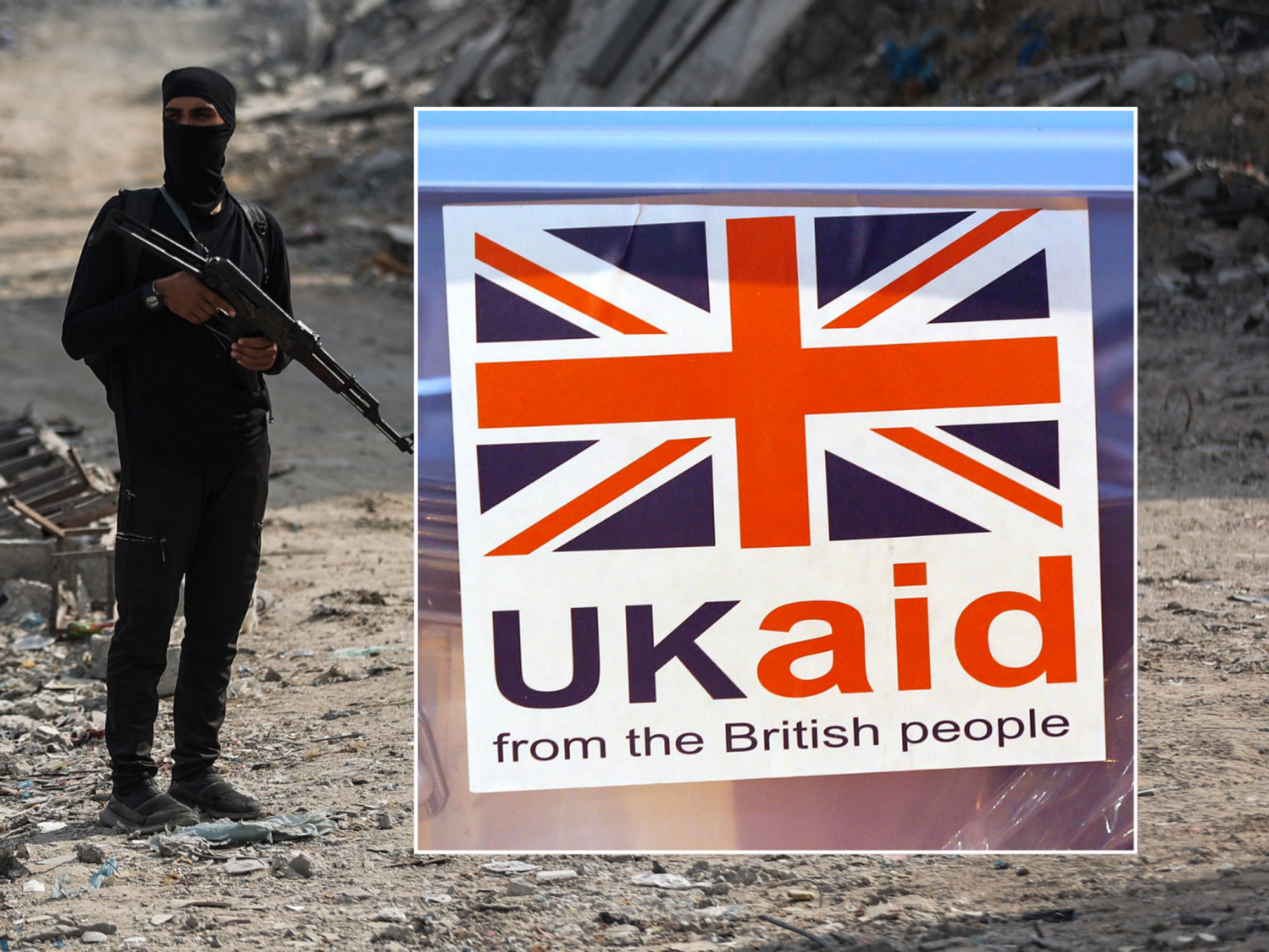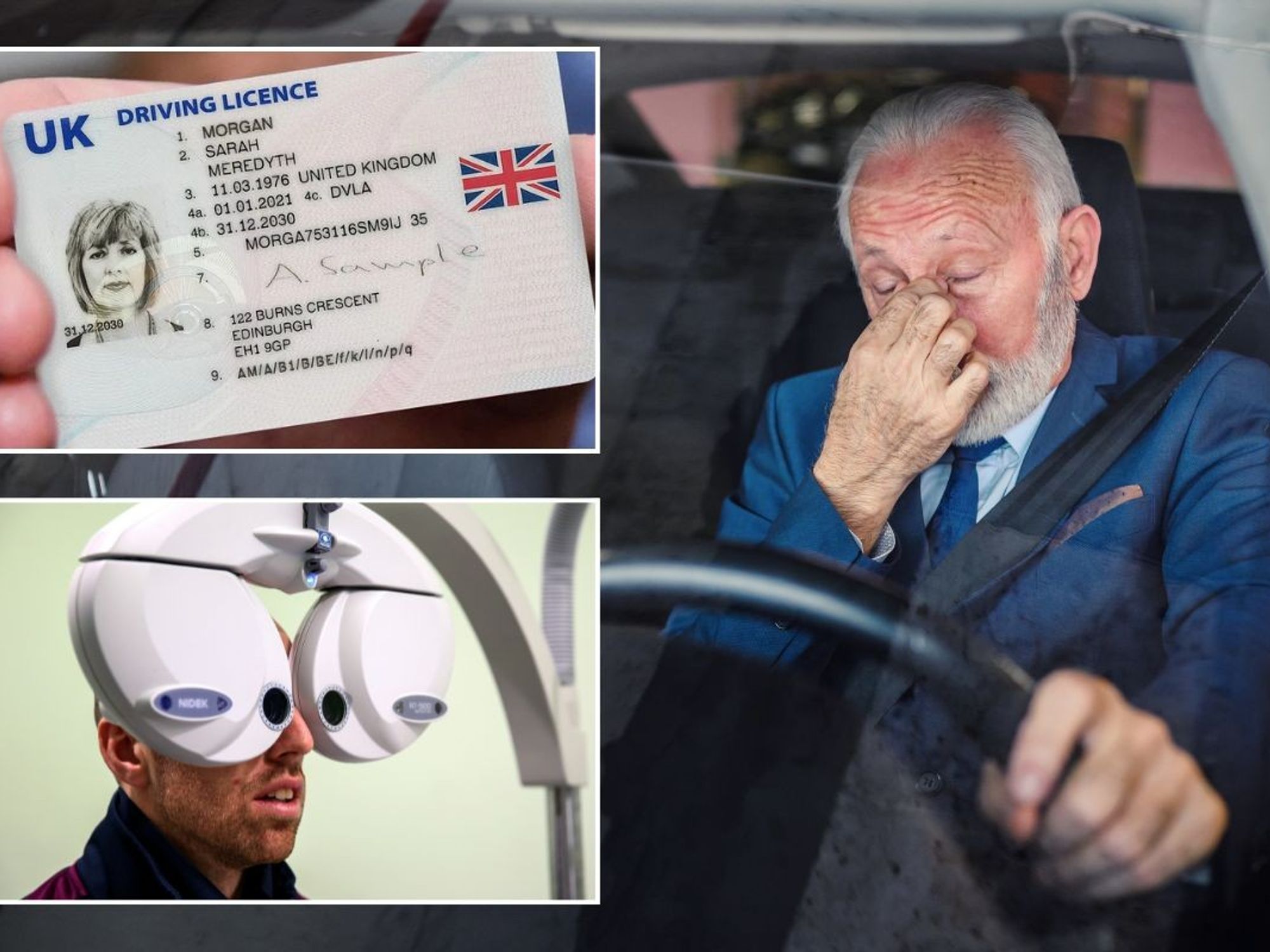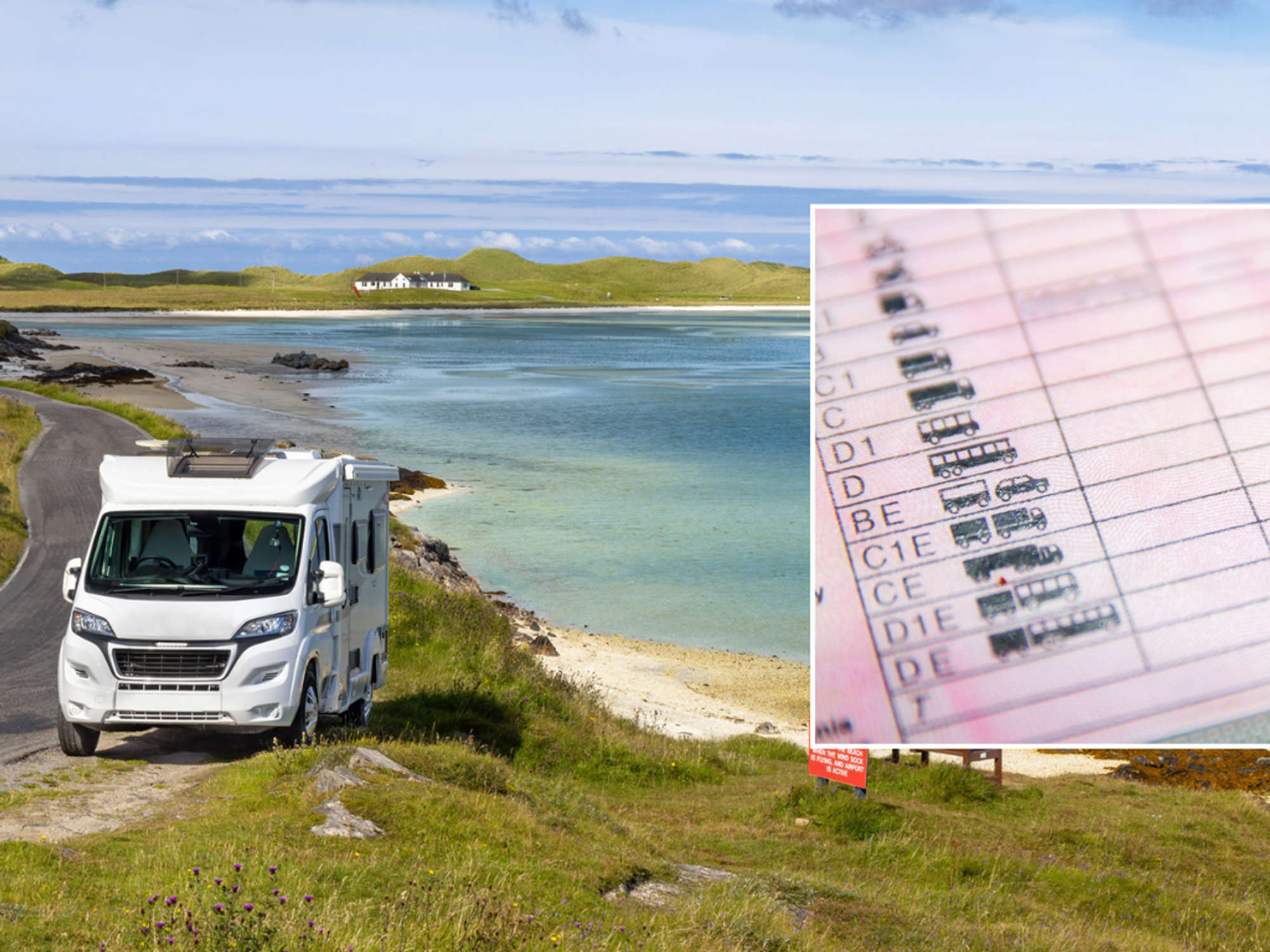Britons given Iceland warning as 'no travel guaranteed safe' following recent volcanic activity in tourism hotspot
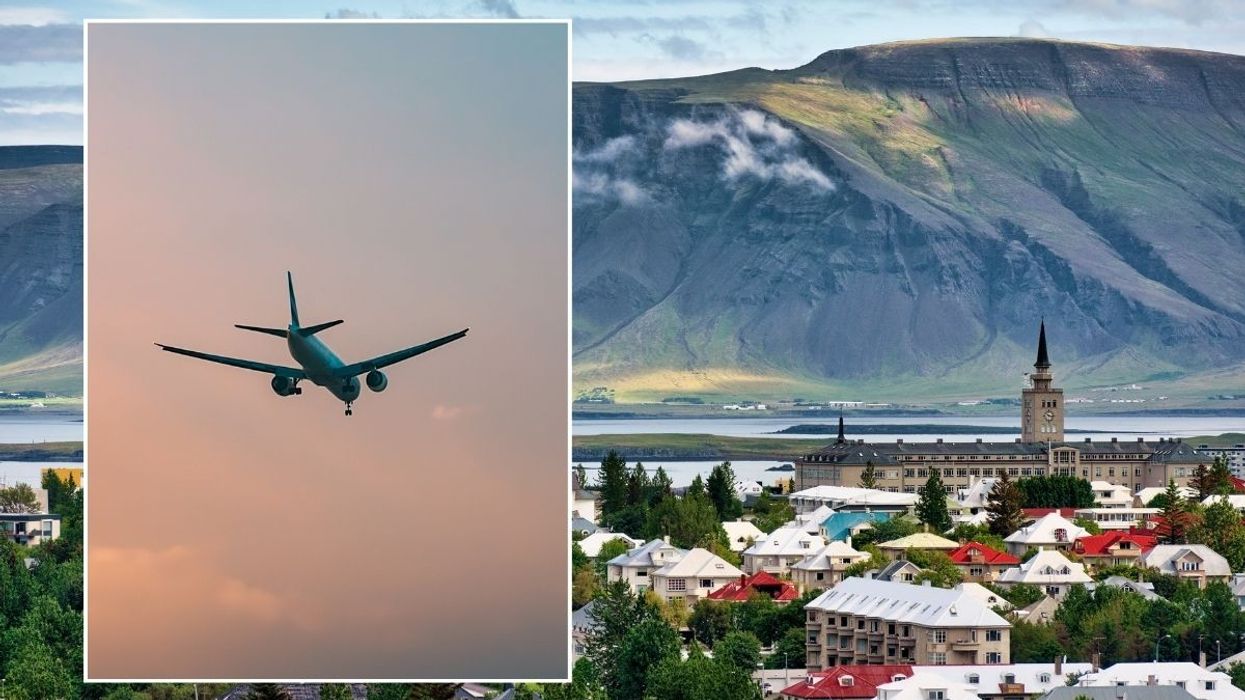
Tourists should check for local weather alerts before travelling
|GETTY

Ongoing volcanic activity could prompt flight cancellations and delays
Don't Miss
Most Read
Britons heading to Iceland this summer have been given new advice following recent volcanic activity on the Nordic island.
The Foreign Commonwealth Development Office (FCDO) has warned of potential delays and cancellations in travel following eruptions near Reykjanes.
The peninsula, home to the capital of Iceland, Reykjavik, beckons thousands of Britons every summer with its natural beauty.
To avoid disruptions, however, the Government has urged travellers to “check for alerts and advice” in advance.
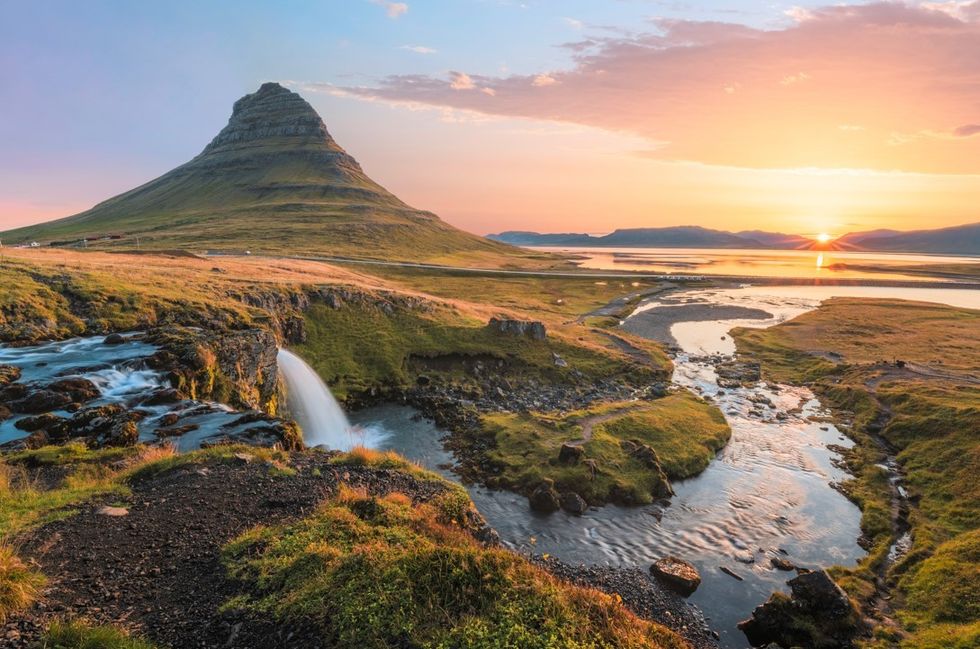
Tourists should check for local weather alerts before travelling
| GETTYThe FCDO said: “No travel can be guaranteed safe. Read all the advice in this guide and any specific travel advice that applies to you.
It added: “Recently there has been a series of volcanic eruptions on the Reykjanes peninsula in south-west Iceland.
“These have affected the town of Grindavik and the area to the north of it. Icelandic authorities advise that you stay away from this area. All roads to Grindavik and the surrounding area are closed.
“The likelihood of further eruptions in this location remains high. Check local media for updates and follow the Iceland authorities’ advice on travel to the area.”
For further information, the FCDO advises checking the following sources:
- The Icelandic tourist board
- Icelandic Met Office
- Safe Travel Iceland
- Almannavarnir Facebook page
Risks from any volcanic activity include:
- Travel delays and cancellations
- Poisonous volcanic gases
- Rock falls and landslides
- Flooding
The Government department provided a list of organisations Britons in Iceland can consult for further information:
- The Icelandic Department of Civil Protection and Emergency Management - includes health and safety advice
- Icelandic Road and Coastal Administration
- Institute of Earth Sciences
- London Volcanic Ash Advisory Centre
- Iceland National Broadcasting Service
LATEST DEVELOPMENTS
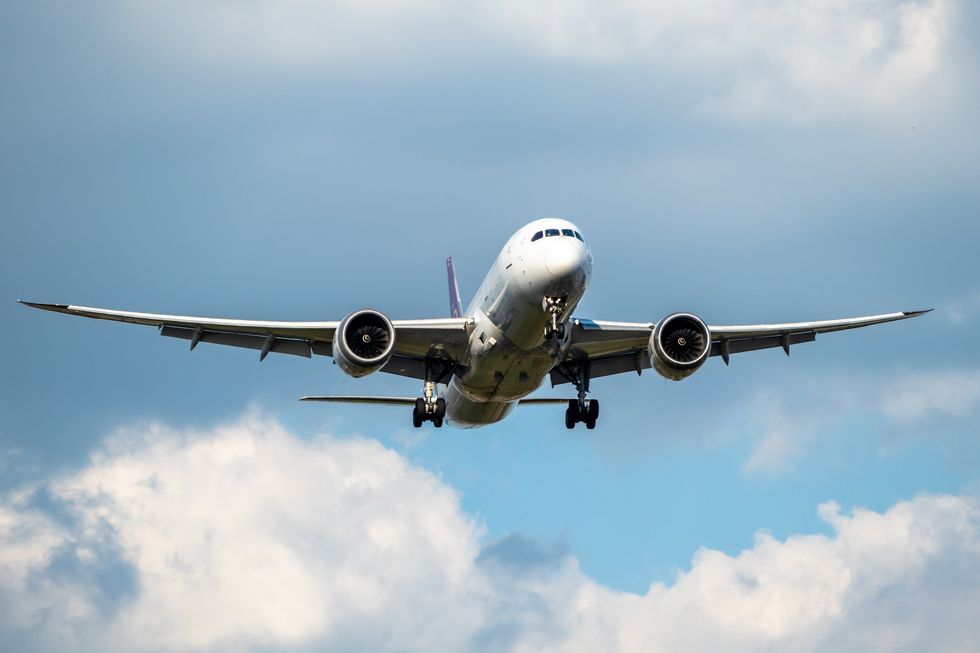
Volcanic activity could prompt flight cancellations and delays
|GETTY
The FCDO provided advice for Britons on extreme weather and natural hazards, including how to prepare and what to do if you’re affected.
The guidance reads: “There are many volcanoes located around the world. If a volcano erupts, this can cause loss of life and widespread damage to property and transport and other infrastructure.”
The impact of an eruption can depend on several factors, including how close the volcano is to towns and cities, and whether there is any warning of the eruption.
"The effects may include ash and gas being released into the air, making it harder to see or breathe, contamination of water supplies, and other extreme weather events (such as floods or wildfires)," said the FCDO.






